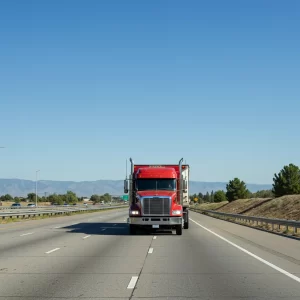
How Do Emission Control Systems Work on Trucks?
Understanding Truck Emission Control Systems | A Driver’s Guide
Fire trucks in California have special rules for emissions. The state has strict laws to keep the air clean by reducing pollution like nitrogen oxides (NOx) and particulate matter (PM). But fire trucks are emergency vehicles, so they often get exemptions under the Emergency Vehicle Rule (EVR) and other rules. The California Code of Regulations, Title 13, § 2025, says fire trucks can sometimes skip certain emissions tests because they need to respond quickly to fires and disasters. These rules make sure fire departments can act fast while still following the Clean Air Act 40 CFR § 86.007-11(c) Emissions Control Requirements for Emergency Vehicles.
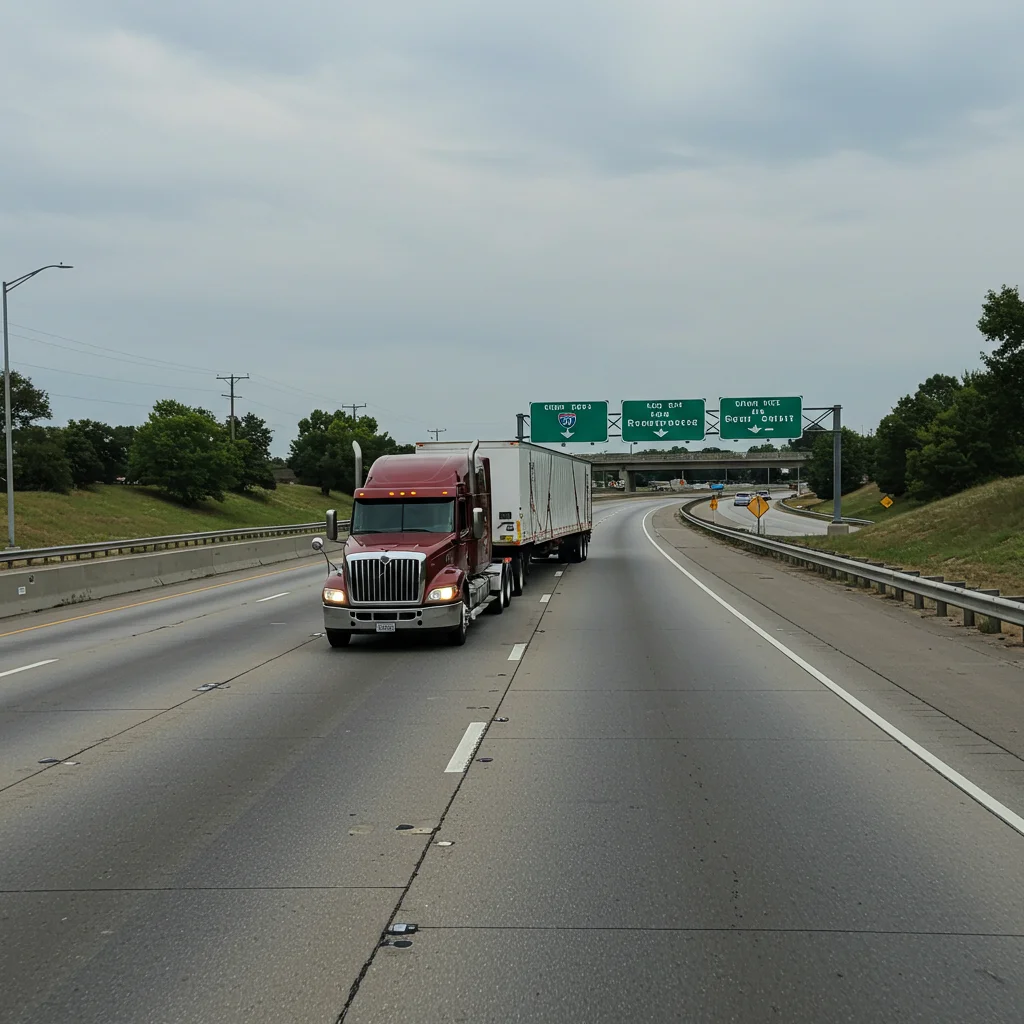
California has some of the strictest rules for diesel engines in trucks, buses, and off-road vehicles. Fire trucks, ambulances, and other emergency vehicles must follow safety rules first, and sometimes that conflicts with emissions rules. Diesel emissions regulations limit NOx, PM, and other pollutants. They also require systems like Diesel Particulate Filters (DPF), Selective Catalytic Reduction (SCR), and Exhaust Gas Recirculation (EGR). Fire trucks can be exempt from some rules under 2025 so they can respond to emergencies without delay but still help keep the air cleaner. Learn more about Clean Truck Check In Los Angeles, CA.
The Emergency Vehicle Rule (EVR) lets fire trucks and other emergency vehicles work even if they do not fully follow normal emissions rules during emergencies. Under 40 CFR § 86.007-11(c), fire trucks can sometimes ignore idle reduction laws or emissions checks to save lives. Fire trucks that fight fires, evacuate people, or respond to disasters can operate faster because of this rule. Even when they are exempt, DPF and SCR systems still help limit pollution so fire trucks are safer for the environment. Learn more about Clean Truck Check In Redondo Beach, CA.
Fire trucks from other states face different rules when they come to California for help, like during wildfires. California usually allows these trucks to operate under temporary exemptions if they meet basic federal standards. Rules like the Clean Air Act 40 CFR § 86.007-11(c) and California Code of Regulations Title 13, § 2025 make sure these trucks can work quickly. Fire trucks still need DPF and SCR maintenance, because diesel engines can pollute a lot if the systems are not working right, even during emergencies. Learn more about Clean Truck Check In Rosemead, CA.
Fire trucks, ambulances, police cars, and other emergency vehicles can use many exemptions. For example, 42 U.S.C. 7522(a)(1) gives national security exemptions to federal vehicles, and California Health and Safety Code 43018 allows federal vehicles to fight wildfires. FEMA disaster relief trucks like command centers and heavy transport trucks also get state emergency exemptions. Military vehicles like tanks, Humvees, and armored trucks can use non-road engine exemptions under 40 CFR Part 89. Navy ships, submarines, Air Force fuel trucks, Marine Corps tactical vehicles, and Space Force support vehicles follow MARPOL Annex VI Regulation 3. These exemptions help public safety and military vehicles work without slowing down, while still keeping some rules for pollution. Learn more about Clean Truck Check In San Gabriel, CA.
Diesel emissions rules affect how fire departments take care of their trucks. They must maintain systems like DPF, SCR, and EGR to reduce NOx and PM pollution. Even with exemptions, trucks need proper maintenance to avoid long-term damage. Idle reduction laws may be partly waived under EVR, but trucks still need to run efficiently. Regular maintenance helps fire departments be ready for emergencies and also helps the trucks last longer. Learn more about Clean Truck Check In South Gate, CA.
ManyDiesel Particulate Filters are very important for fire trucks, ambulances, and other emergency vehicles. DPF systems catch PM from diesel engines and reduce pollution. Even when trucks are exempt under emergency rules, cleaning and maintaining DPFs helps follow federal and state laws like Clean Air Act 40 CFR § 86.007-11(c) and California Code of Regulations Title 13, § 2025. Fire departments need DPF cleaning to keep engines working well during long emergency responses. Learn more about Clean Truck Check In South Pasadena, CA.
California has stricter rules than most states. Other places, like New York City under New York City Administrative Code § 24-163, allow emergency vehicles to idle under some conditions. California also requires DPF, SCR, and EGR systems. Mutual aid from other states needs careful planning so trucks, ambulances, and emergency vehicles follow California rules. Knowing the differences helps fleets respond to wildfires and disasters safely. Learn more about Clean Truck Check In Temple City, CA.
DPF Guys help fire trucks and other emergency vehicles follow emissions rules. They clean DPFs, maintain SCR systems, and check emissions to keep trucks safe and legal. Even exempt vehicles benefit from these services because it helps control NOx and PM pollution during long emergency responses. With DPF and emissions maintenance, fire departments can focus on evacuations, disaster response, and wildfire fighting without worrying about pollution or truck problems. Learn more about Clean Truck Check In Walnut, CA.

Understanding Truck Emission Control Systems | A Driver’s Guide
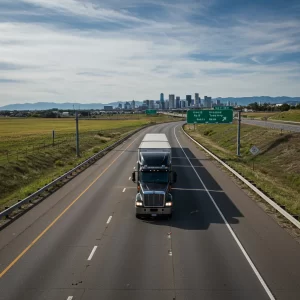
What is the Lifespan of Truck Emissions Components | Guide to Durability and Replacement
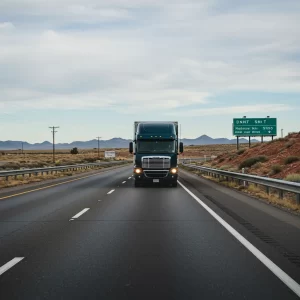
Are New Diesel Trucks Reliable with Emissions Systems | What You Need to Know
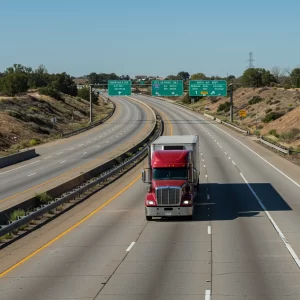
Truck Emissions Maintenance | How to Reduce Pollution and Boost Efficiency
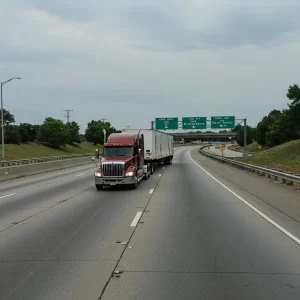
Reduce Truck Emissions | Practical Ways to Lower Your Carbon Footprint
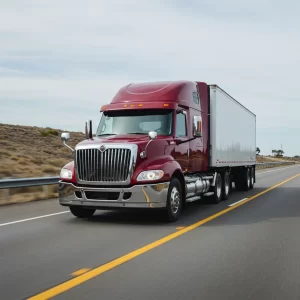
What Causes High Diesel Emissions | Key Factors You Need to Know